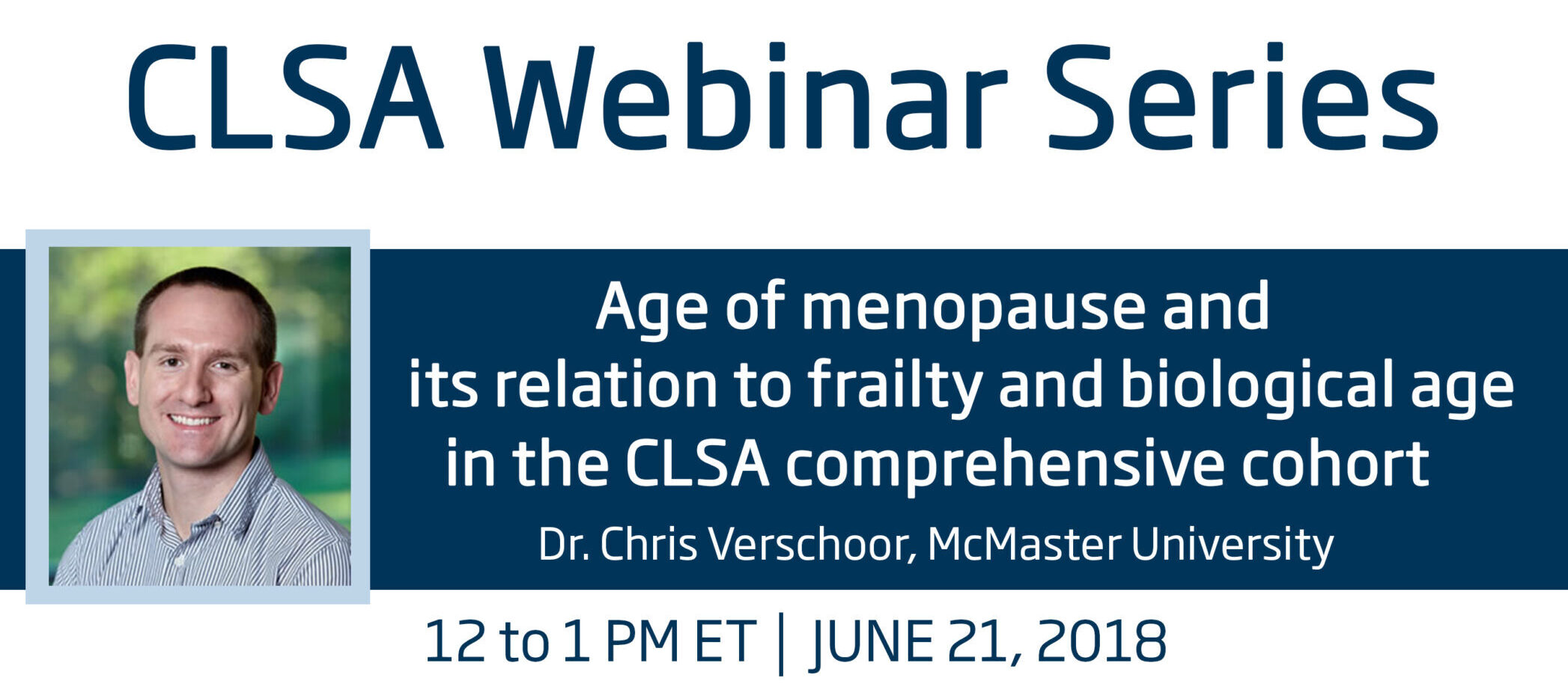June 21, 2018
Year:
Applicant:
Institution:
Email:
cversch@mcmaster.ca
Project ID:
160314
Approved Project Status:
Project Summary
Frail individuals are at a much greater risk of illness, injury and mortality; hence, it is one of the most significant burdens on quality of life for older adults and the Canadian health care system. Although it is well known that frailty increases as we get older, especially in women, why this occurs remains a mystery. The ability to identify individuals at risk of frailty before symptoms occur would be a powerful tool to help us decide whether therapeutic intervention is needed. The primary objectives of our proposal are to: 1) determine the patterns of frailty in men and women, especially with respect to sex-specific health factors, and 2) whether blood biomarkers can be used to detect frailty in older adults. Since these biomarkers are routinely measured at hospitals and easily accessed by primary health care providers, using them for the early diagnosis of frailty is both feasible and practical.
Project Findings
The major activities of this study were two-fold. First, we explored how hematological (blood) biomarkers were correlated with frailty in participants from the Comprehensive cohort, especially between the sexes and different age groups. We observed mostly weak associations between frailty and all hematological markers, except for granulocyte count, which had been established before. Second, we examined how frailty was associated with sex-specific health-factors, given that frailty is known to be higher in women. Interestingly, the age at menopause and having had a hysterectomy were both significantly associated with frailty later in life, where earlier menopause and hysterectomy was associated with higher frailty.
